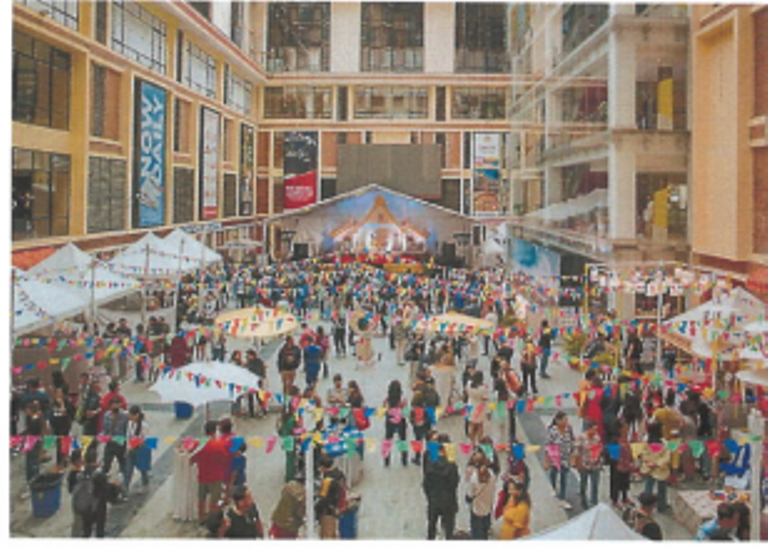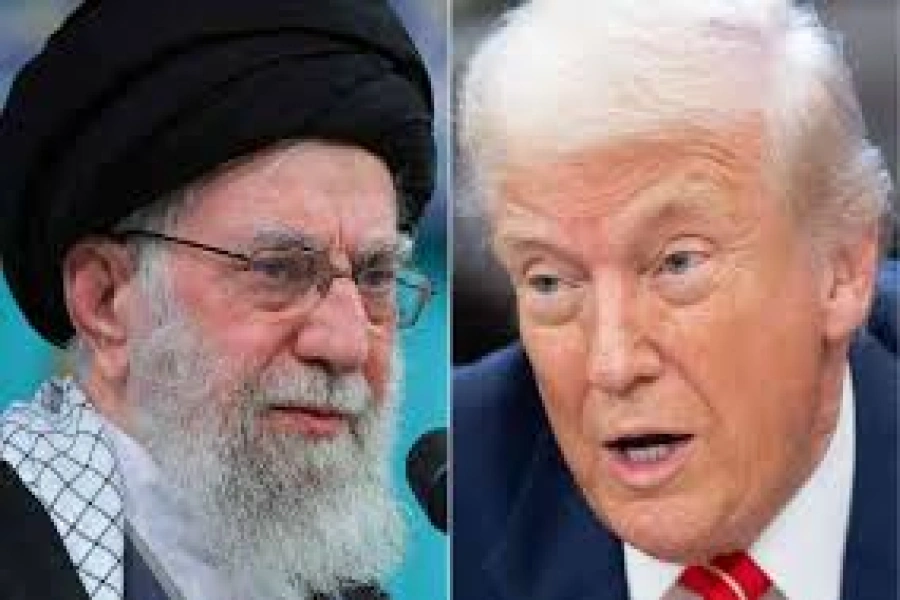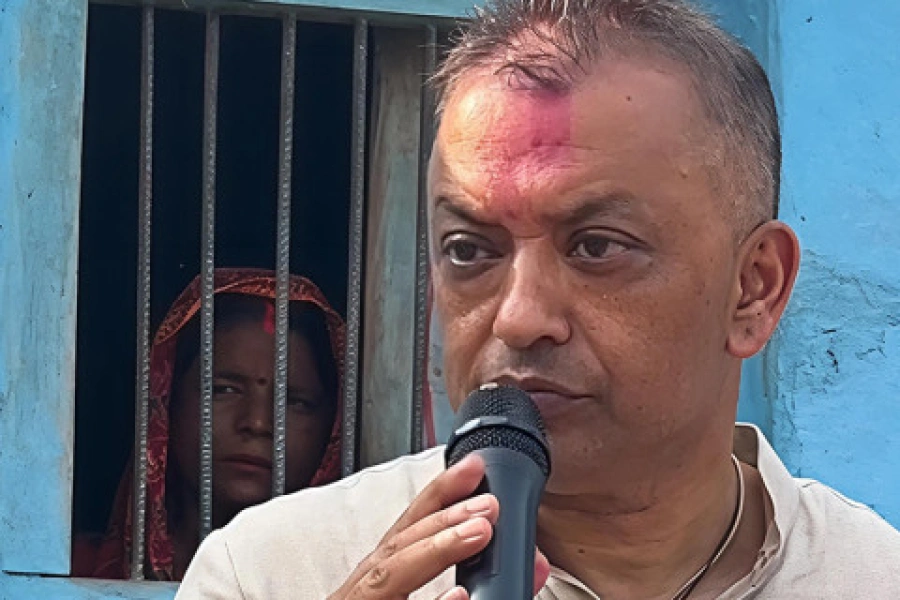KATHMANDU, June 11: Prime Minister K P Oli, who is already feeling heat after 23 CPN-UML lawmakers close to Madhav Kumar Nepal signed in the writ petition filed at the Supreme Court demanding appointment of Nepali Congress (NC) President Sher Bahadur Deuba as new Prime Minister, has found himself in further difficult situation after three separate orders issued by the Supreme Court on Thursday.
While the apex court issued stay order not to implement the controversial Citizenship Ordinance 2078 BS, the court in response to a separate writ petition ruled that all the decisions taken in the name of the 10th General Convention Organizing Committee 'unauthorized" and reinstated four provincial assembly members of Karnali Province sacked earlier by Oli. A five-member Constitutional Bench headed by Chief Justice Cholednra Shumsher-led passed the order asking the government to make necessary arrangements to distribute citizenship certificates based on the Citizenship Act endorsed duly by parliament.
These three rulings of the apex court are likely to check the ambition of Prime Minister Oli to completely eliminate the rival faction-led by senior leader Nepal and potentially bring changes in the course of national politics. The Citizen Ordinance 2078 that paved the way to those born to those receiving citizenship certificate by birth to receive citizenship by descent was one of the controversial decisions that helped Oli to bring Mahanth Thakur and Rajendra Mahato-led faction of the Janata Samajbadi Party (JSP) onboard the cabinet.
Thai embassy organizing "Journey to Thailand & Top Thai Brands...

The apex court's ruling is likely to bring fresh troubles within the JSP and the coalition government Oli chose to form even after he became a caretaker prime minister. The court has categorically said that it is not justifiable to introduce ordinance a day after parliament is dissolved to meet some vested interests. Some of the provisions that Oli introduced through an ordinance were under discussions in the dissolved parliament.
What has probably put Oli in the biggest trouble is the Supreme Court's ruling that all the decisions taken by the 10th General Convention Organizing Committee of the party are 'unauthorized'. With this, the decision taken by the UML's 10th General Convention Organizing Committee to sack four lawmakers, who chose to cross the floor in Karnali Province to save the Maoist-led government, are now automatically reinstated.
Shortly after the apex court invalidated the unification deal reached between the CPN-UML and CPN(Maoist Center) back in May, 2018, Prime Minister Oli had dissolved the UML's party committees elected by the 9th general convention as he is in minority in almost all committees. While maintaining that it is only the party’s Central Committee that can dismiss lawmakers flouting the party’s whip, the apex court has ruled that the four lawmakers--Prakash Jwala, Kurma Raj Shahi, Nanda Bahadur Budha and Amar Bahadur Thapa-- are sacked only from the party's 10th General Convention Organizing Committee but not from the posts of provincial assembly members of Karnali Province.
The repercussions of this ruling is likely to be big to Prime Minister Oli and the national politics as a whole. The decision taken by Chairman Oli to dismiss 11 senior leaders even from the party's general membership will also be challenged now and that they are likely to be reinstated back to the party. More importantly, the ruling thwarts the plan of Oli to sack UML Provincial Assembly members, who voted in favor of Chief Minister Bhatta against the party's official decision.
This opens up two possibilities: Chairman Oli has to either revive the party committees that existed prior to the unification between UML and Maoist Center to form Nepal Communist Party (NCP) in May, 2018 or leave the party's lawmakers vote for the rival party candidates in parliament even for the post of prime minister literally without any-- legal or disciplinary- consequences. Both these possibilities are not a pleasant news for Oli, who is bent on crushing the rival faction led by Nepal in the party.




























-1200x560-1771928761.webp)









